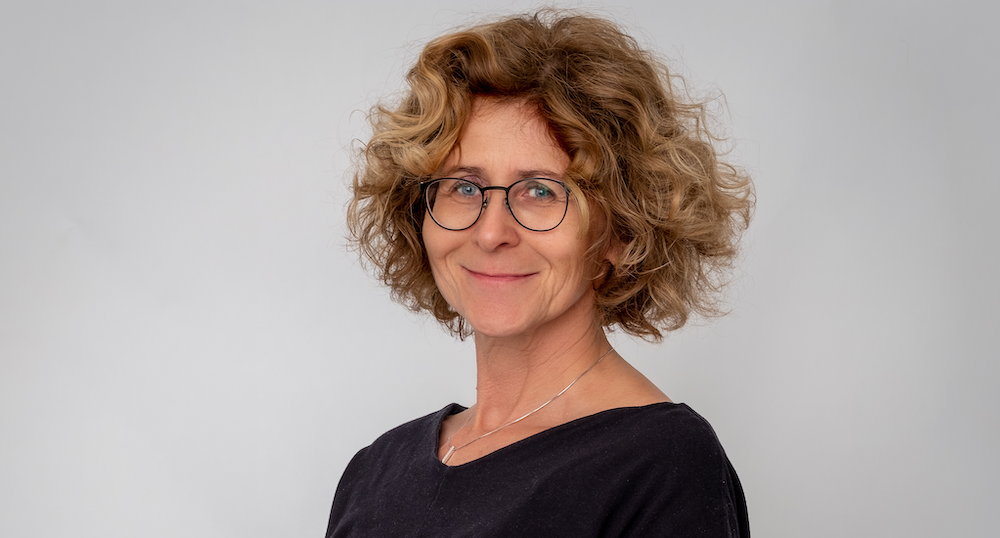MATH+ Professor Gabriele Steidl (TU Berlin) Honored as SIAM Fellow

© private
The Society for Industrial and Applied Mathematics (SIAM) designates MATH+ Professor Gabriele Steidl of Technische Universität Berlin as a Fellow in the SIAM Fellows Class 2022. The SIAM Fellows Program honors SIAM members for their outstanding contributions to fields served by SIAM. Gabriele Steidl is being recognized for contributions to computational harmonic analysis and imaging sciences.
Congratulations!
Gabriele Steidl has been MATH+ Professor for Applied Mathematics at TU Berlin since March 2020. Her research interests are mathematics for image and data processing focusing on harmonic analysis, continuous optimization, and machine learning.
She received her PhD and habilitation in mathematics from the University of Rostock in 1988 and 1992, respectively. From 1993 until 1996, Steidl was an assistant professor at the TU Darmstadt (1993-1996) before she was appointed professor at the University of Mannheim (1996-2011) and later at the TU Kaiserslautern (2011-2020).
Further, she worked as a consultant at the Verband Deutscher Rentenversicherungsträger Frankfurt am Main (1992-1993) and as an advisor at the Fraunhofer Institute for Industrial Mathematics. She was a postdoc at the universities in Debrecen (Hungary) and Zürich and visiting professor at several universities, e.g. the École Normale Supérieure Paris-Cachan, the University Paris-Est Marne-la-Vallée, and the Sorbonne Université in Paris. Since 2020, Gabriele Steidl has been a member of the DFG Fachkollegium in Mathematics, and she acts as an Editor-in-Chief of the SIAM Journal on Imaging Sciences.
Commenting on the SIAM Fellow appointment, she said: “It’s an honor for me to become a member of the SIAM Fellow Class 2022. Many thanks to the members of my former and current research groups. It is a nice recognition of our work.”
The Society for Industrial and Applied Mathematics (SIAM), founded in 1952, strives to convey useful mathematical knowledge to other professionals who could implement mathematical theory for practical, industrial, or scientific use. A goal is to advance the application of mathematics and computational science to engineering, industry, science, and society. Moreover, they promote research that will lead to effective new mathematical and computational methods and techniques for science, engineering, industry, and society.
Read more (personal homepage)

